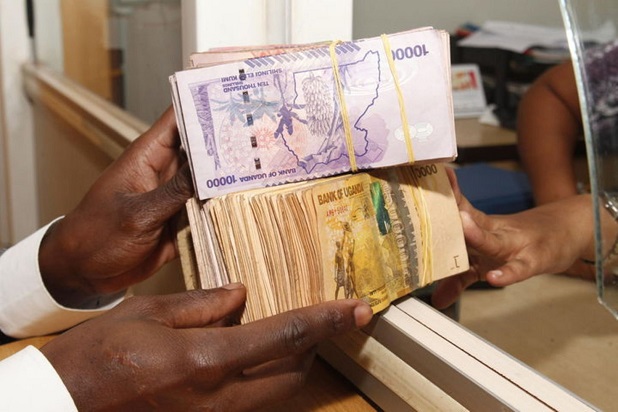Commercial banks’ weighted average lending rates for Shilling-denominated credit increased marginally from 17.64% in June 2024 to 17.76% in July 2024, Finance Ministry has reveled in its Performance of the Economy Monthly Report for August 2024.
Similarly, foreign currency-denominated credit rates increased from 9.23% in June 2024 to 9.62% in July.
“These rates remained within close range of their average lending rates, within the last year,” the report says.
The report adds that in July 2024, the stock of outstanding private sector credit increased by 1.5%, from Shs21,905.82 billion in June 2024 to Shs. 22,243.07 billion in July 2024.
“This growth was driven by a rise in both the Shilling and foreign currency denominated credit. The Shilling-denominated credit increased from Shs. 15,615.85 billion in June 2024 to Shs.15,824.78 billion in July 2024. The rise in Shilling-denominated credit is attributed to higher lending to the electricity and water sector, and the business services sector,” the report reads in part.
Similarly, it adds, the foreign currency denominated credit increased from Shs. 6,289.98 billion in June 2024 to Shs. 6,418.29 billion in July 2024.
Credit Extensions
In July 2024, the report says, a total of Shs. 1,443.5 billion was extended to the private sector by lending institutions, an increase from Shs. 1,360.9 billion the previous month.
The approval rate for July was 70.1% in comparison to the 66.0% approval rate the previous month.
“Personal and household loans accounted for the biggest share of loans extended to the private sector, accounting for 28.4% of the total credit approved. This was followed by the trade sector at 21.4%, and the agricultural sector at 13.7%,” the report says.
It should be recalled on 7th August 2024, the Bank of Uganda reduced the Central Bank Rate (CBR) to 10.00% from 10.25%, as attributed to the continued decline in inflation below the medium-term policy target of 5%.
This is due to the fading impacts of global shocks like the war in Ukraine and COVID-19, alongside the relative stability of the shilling against the US dollar.






